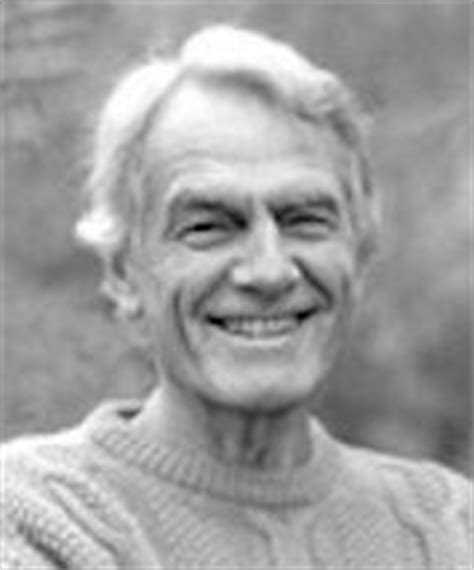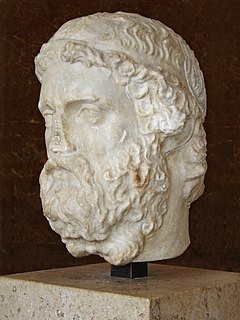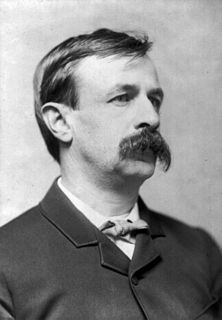A Quote by Philip Slater
It is a mistake - as so many over-centralized socialist societies have discovered - to try to eliminate money as an incentive. Money is one incentive among many, and has its place. But to put no limits on the impulse to accumulate money obsessively is as destructive as to place no limits on the impulse to commit violence. A viable democratic society needs a ceiling and a floor with regard to the distribution of wealth and assets.
Related Quotes
The impulse to acquisition, pursuit of gain, of money, of the greatest possible amount of money, has in itself nothing to do with capitalism. This impulse exists and has existed among waiters, physicians, coachmen, artists, prostitutes, dishonest officials, soldiers, nobles, crusaders, gamblers, and beggars.
When I became finance minister in 1991, I discovered that the wealth tax rates income - there was taxation on wealth. It was so atrocious and so high that actually nobody could accumulate money in an honest way. I removed that tax, and the result was that Indian companies for the first time acquired an incentive to grow big, to grow rich.
To walk in money through the night crowd, protected by money, lulled by money, dulled by money, the crowd itself a money, the breath money, no least single object anywhere that is not money. Money, money everywhere and still not enough! And then no money, or a little money, or less money, or more money but money always money. and if you have money, or you don't have money, it is the money that counts, and money makes money, but what makes money make money?
There are many reasons why the general public doesn't really understand our monetary system. In the first place, money is something that people tend to get emotional about. After all, money involves, and always has involved, something closely akin to faith-which probably explains why in many past societies the money system has been in the hands of a priesthood, the subject of magical rites, and the ceremonial services of the tribe's medicine man.
I also made two very important discoveries as time went on. In the first place, I discovered that making money was easy. I had been led to believe that money and possessions would insure me a life of happiness and peace of mind. So that was the path I pursued. In the second place, I discovered that making money and spending it foolishly was completely meaningless. I knew that this was not what I was here for, but at that time I didn't know exactly what I was here for.
But one type of book that practically no one likes to read is a book about the law. Books about the law are notorious for being very long, very dull, and very difficult to read. This is one reason many lawyers make heaps of money. The money is an incentive - the word "incentive" here means "an offered reward to persuade you to do something you don't want to do - to read long, dull, and difficult books.
Think of yourself as a container for wealth. If your container is small and your money is big, what's going to happen? You will lose it. Your container will overflow and the excess money will spill out all over the place. You simply cannot have more money than the container. Therefore you must grow to be a big container so you cannot only hold more wealth but also attract more wealth. The universe abhors a vacuum and if you have a very large money container, it will rush in to fill the space.
Our whole attitude about life is money-oriented. And money is one of the most uncreative things one can become interested in. Our whole approach is power-oriented and power is destructive, not creative. A man who is after money will become destructive, because money has to be robbed, exploited; it has to be taken away from many people, only then can you have it. Power simply means you have to make many people impotent, you have to destroy them - only then will you be powerful, can you be powerful.
When you come to analyze the love of money which was the general impulse to effort in your day, you find that the dread of want and desire of luxury was but one of several motives which the pursuit of money represented; the others, and with many the more influential, being desire of power, of social position, and reputation for ability and success.






































